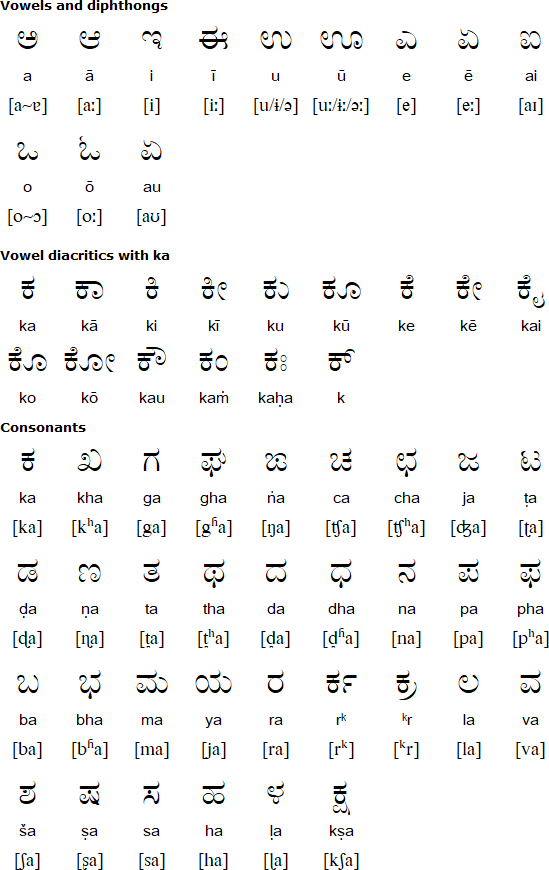

hyponym - a word of more specific meaning than a general or superordinate term applicable to it: for instance, spoon is a hyponym of cutlery.homonym - each of two or more words having the same spelling and pronunciation but different meanings and origins, such as "pen" -a holding area for animals, or "pen" - a writing instrument.For example, "Canberra" is an Australian metonym for the Federal government. metonym - a word, name, or expression used as a substitute for something else with which it is closely associated sometimes described as "the container for the think contained".
#Omniglot badaga code
acronym - an abbreviation formed from the initial letters of other words and pronounced as a word, such as ASCII = American Standard Code for Information Interchange.aptronym - a person's name that is regarded as amusingly appropriate to their occupation.pseudonym - a fictitious name, especially one used by an author.allonym - a name that is assumed by an author but that actually belongs to another person.eponym - name of a real or fictitious person whose name has given rise to the name of a particular item.Some other -nym words not directly related to ethnolinguistics: Note: Patronymic and matronymic can also be adjectives it would seem natural to reserve them as adjectives and to use patronym and matronym as the corresponding nouns. matronym = matronymic (noun) - personal name based on the given name of one's mother, grandmother, or any female ancestor English matronymic family names include Parnell, Hilliard, Marriott.patronym = patronymic (noun) - personal name derived from the name of a father or ancestor, such as Johnson, O'Brien, Ivanovich.More generally, in human geography, a toponym is the name by which a geographical place is known. toponym - a place name, especially one derived from a topographical feature, such as Table Mountain, Cape Town.demonym - name of inhabitant of a country.Londres in Catalan, French, Portuguese, Spanish, and Tagalog Λονδίνο in Greek Londen in Dutch Londra in Italian, Maltese, Romanian and Turkish Londer in Albanian Londýn in Czech and Slovak Londyn in Polish Lundúnir in Icelandic Lontoo in Finnish Lúndūn 伦敦 in Mandarin and Luân Đôn in Vietnamese. The following are some cognate exonyms/xenonyms (where cognate means the names are derived from the spelling or pronunciation of the endonym): Matisoff, who remarked: "Human nature being what it is, exonyms are liable to be pejorative rather than complimentary, especially where there is a real or fancied difference in cultural level between the ingroup and the outgroup."Īs a place name example, London is an endonym/autonym. The term autonym was introduced into linguistics by James A. exonym = xenonym, from Greek ξένος xénos - foreign.endonym = autonym, Greek αὐτο aúto - self.The prefixes endo- and exo- come from Greek ἔνδον éndon - within and ἔξω éxō - out.

In ethnolinguistics, various kinds of names are either endonymic (words in the principal language of a location where the things named occur naturally) or exonymic (words in a non-local language).


 0 kommentar(er)
0 kommentar(er)
